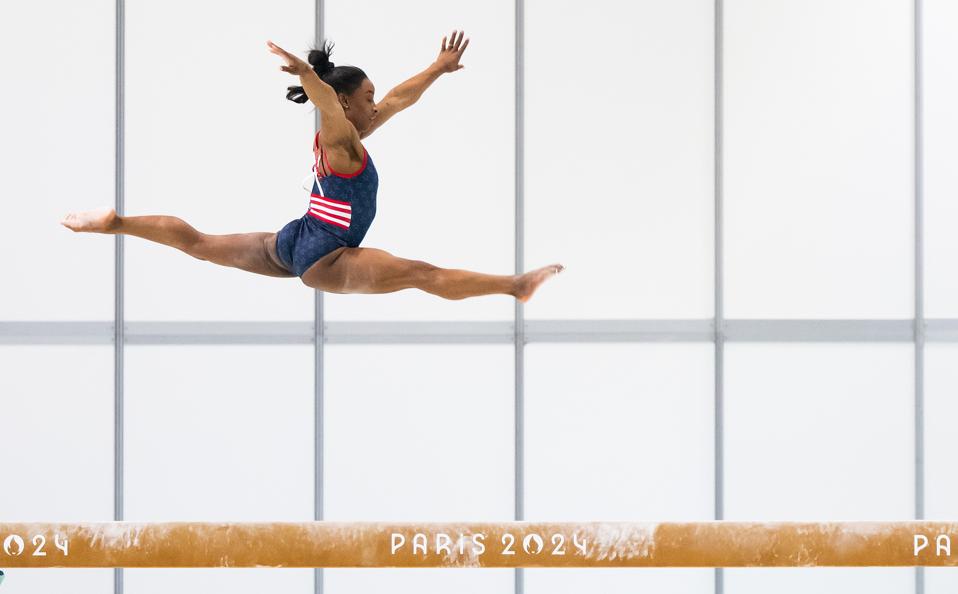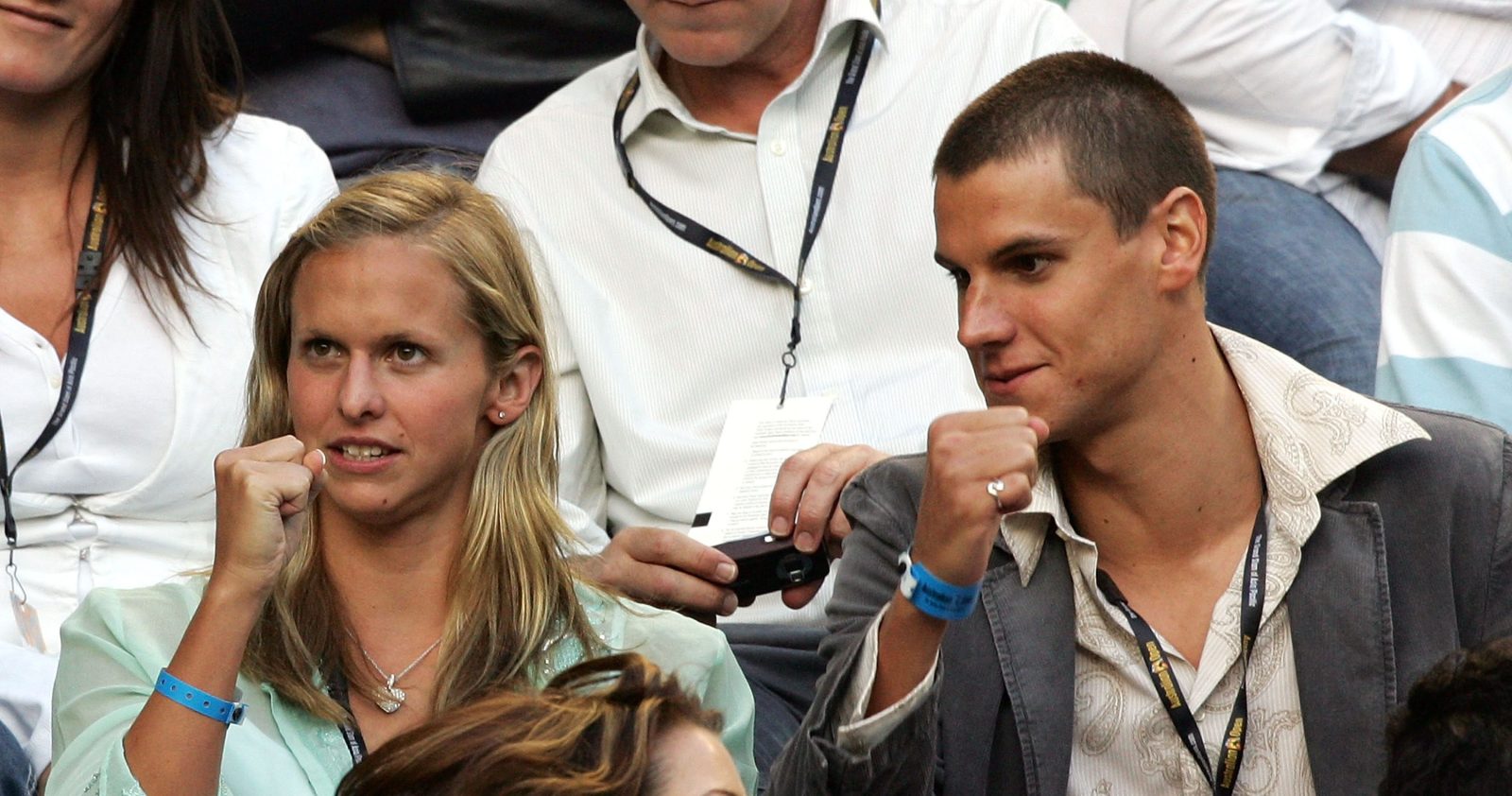The 2024 Paris Olympics will mark a significant milestone in international sports history. For the first time, all 32 Olympic sports will achieve full gender parity, with 5,250 slots allocated to each sex. This development represents the culmination of a century-long progression in women’s participation in the Games.

The path to this point has been steady but gradual. When Paris first hosted the Olympics in 1900, only 22 women competed. By the 1996 Atlanta Games, women participated in 26 sports, making up 34% of competitors. Tokyo 2020 saw women in 33 sports, and Paris 2024 now completes this trajectory with an equal gender split across all Olympic disciplines.
Transformation of Traditional Sports
Historically dominated by men, boxing will feature an equal number of weight categories for men and women in Paris. This marks a significant shift; women’s boxing was only introduced to the Olympics in 2012 with three weight classes, compared to ten for men. In Paris, both genders will compete in seven weight categories.
Introducing new mixed-gender events like the marathon relay further underscores the IOC’s commitment to gender-balanced competition. These events expand opportunities for female athletes and challenge conventional notions of gender-specific sports.

Evolving Policies on Motherhood in Elite Sports
Paris 2024 is expected to showcase more mothers competing than in previous Games, reflecting policy changes by National Olympic Committees and sports federations. The U.S. Olympic Committee now provides travel support for caregivers and young children, a policy that supported nine mothers in Tokyo 2020.
Track star Allyson Felix has been a leading advocate for maternal rights in sports. In 2019, her public stance against restrictive maternity policies prompted significant changes in how sponsors approach pregnant athletes and new mothers, challenging long-held assumptions about motherhood and elite athletic performance.
Athletic Performance and Economic Impact
Women’s competitions have increasingly become a driving force in Olympic viewership and athletic achievement. Since 2016, women have broken 35 world records in long-course events in swimming, compared to 21 by men. This trend extends across multiple sports.
Medal counts reflect this shift. U.S. women have outperformed their male counterparts in the last two Summer Olympics. In Tokyo 2020, American women won 66 medals to the men’s 41. This trend is not limited to the U.S.; in Tokyo 2020, female athletes won 60.5% of Australia’s and 66% of China’s gold medals.
The rise in women’s Olympic participation correlates with the growing economic potential of women’s sports. A 2023 Deloitte report projects that women’s sports will generate global revenues of $1.28 billion in 2024, with a compound annual growth rate of 32% from 2021 to 2024.

Media Coverage Shifts
NBC, the U.S. Olympic broadcaster, has committed to equal primetime coverage of men’s and women’s events for Paris 2024, marking a notable shift from previous Olympics, potentially setting a new industry standard.
Looking Ahead
While significant progress has been made, challenges persist. The gender pay gap remains a concern in many sports. This is also evident in sports leadership, where women remain underrepresented, holding only 27% of executive roles in international sports federations.
The 2024 Olympics, with its unprecedented gender parity, represents both an acknowledgment of progress and a benchmark for future advancements. As the world’s attention turns to Paris, the Games will not only showcase athletic excellence but also reflect the evolving landscape of global sports—one where gender equality is increasingly becoming the norm rather than the exception.
This article first appeared on forbes.com and all figures are in USD.
Are you – or is someone you know -creating the next Afterpay or Canva? Nominations are open for Forbes Australia’s first 30 under 30 list. Entries close midnight, July 31, 2024.
Look back on the week that was with hand-picked articles from Australia and around the world. Sign up to the Forbes Australia newsletter hereor become a member here.

